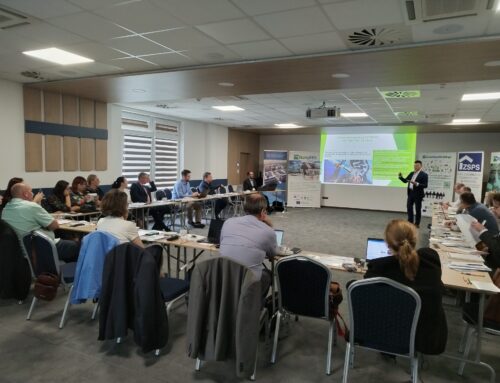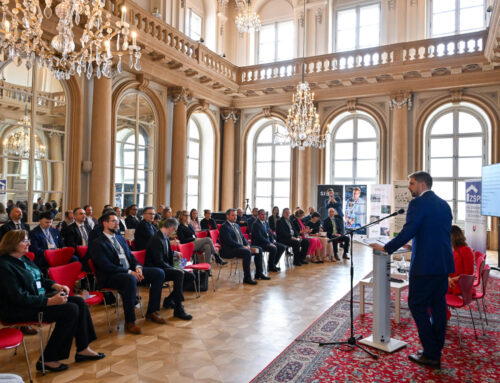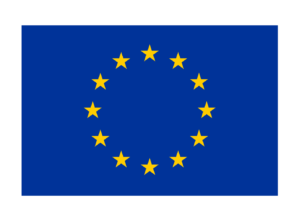Michal Tobiáš from the University Centre for Energy Efficient Buildings (UCEEB) CTU and Ondřej Ptáček from PwC Prague presented a summary of the use of financial instruments in the Czech Republic as part of the GreenDeal4Buildings project. The summary included an overview of the use of the instruments both in the past and among the current plans in the preparation of operational programmes.
The potential for the use of financial instruments is considerable. For their successful implementation the following are needed:
- Combine financial instruments with existing subsidy calls (e.g. OP ENV, OP TAK). Subsidies alone, if set up in this way, are always more advantageous for the beneficiaries than a financial instrument.
- Ensure a higher quality of supported projects by means of available technical support and by focusing on their sustainability and cost-effectiveness.
- Expand public-private cooperation as much as possible.
- Work with financial institutions (commercial banks) and experts across strategic sectors (energy, transport, science and research, etc.). Set up financial instruments so that they can be distributed in cooperation and through the numerous branch networks of commercial banks.
Furthermore, a survey among Czech businesses was presented, which showed that the demand for energy saving projects in Czech business is growing significantly. Two thirds of the enterprises surveyed plan to implement an energy saving project in the next two years, and the same proportion of projects have an intended investment cost of up to CZK 5 million. More than two-fifths of enterprises expect a return on such an investment of more than five years (this is higher than in previous surveys) and again two-thirds clearly prefer some variant of combined financing (a combination of loan guarantee and subsidy or soft loan and subsidy).






